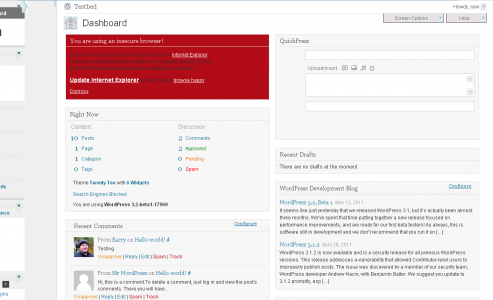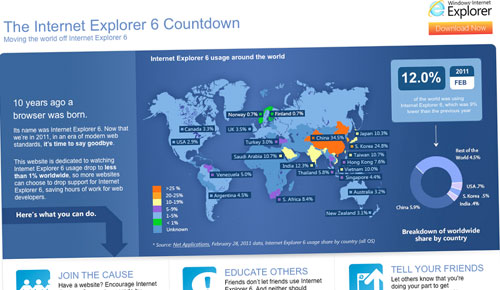In the week that the big news story is about a large corporation well used to allegations of monopolistic behaviour (like this one), and its attempts to build relationships with those formulating government policy, in areas where a certain decision could be to its distinct commercial advantage…
I draw your attention to a post on the GDS blog, describing itself as an ‘important update’, written this evening by Liam Maxwell.
On 4th April 2012, Dr Andy Hopkirk facilitated a roundtable on behalf of ICT Futures on Competition and European Interaction. […] At the time he was engaged to facilitate the Open Standards roundtable, while we were aware that he represented the National Computing Centre on the Microsoft Interoperability Executive Customer Council [..] he did not declare the fact that he was advising Microsoft directly on the Open Standards consultation.
This all appears to have been sparked by Mark Ballard’s report, declaring the event to have been a ‘triumph’ for the ‘proprietary lobby’, and some pretty heated debate in the ensuing comments. Ballard himself adds in the comment thread:
Hopkirk is himself a cohort of MutKoski, Parker, and Brown. They are all members of the OASIS Transformational Government Framework Technical Committee, an unusual policy lobby unit that is sponsored by Microsoft. All have been critical of either UK government policy or its objectives and have specifically opposed defining elements of the coalition government’s open standards policy.
Dr Hopkirk was given a right to reply, in which he declares:
I do have a longstanding relationship with Microsoft purely on the basis of my consistently neutral, pragmatic, end-user oriented and supplier-agnostic perspective. I have supported, and continue to support, open markets, open standards and free/open source software for their contributions to furthering interoperability and IT market competition. I have not been asked to publicly or privately support any client brief or position in the government consultation.
Regardless, Maxwell has done the right thing, by declaring that ‘any outcomes from the original roundtable discussion will be discounted in the consultation responses’. The session is to be re-run, and the consultation deadline extended.
Didn’t I tell you this stuff was dynamite?
[Disclosure: I have worked for both BSkyB and Microsoft in my past. I do not do so currently. I cancelled my Sky Sports subscription a year ago. My main computer these days is a Mac. I’m writing this on a Linux machine. My belief in open standards is well documented.]



